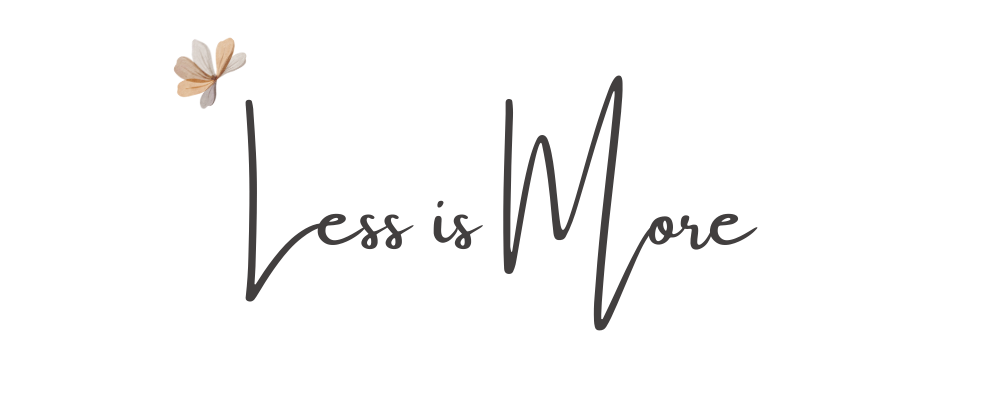Closing McDonald in Russia, what the impact?
Posted by: admin 2 years, 1 month ago
(Comments)

A couple of weeks ago, CNN posted news, about the hype when McDonald's opened its operation in Russia in 1990. And then walking through Moscow today, there is an emptiness in places countless times over the years. The skyscraper on New Arbat Avenue, which until last week housed the independent radio station "Echo of Moscow" is silent. The McDonald's on Pushkin Square is just as empty.
2 weeks, 3 days ago
What does the Fed do in 2008
Recent newsToday, one of the popular topic related to financial policy is the question on
read more2 weeks, 3 days ago
What is Lifetime Value of customer
Recent newsHave you ever heard about LTV? well if you talk about Macroprudential policy, it will be loan to value. But if you talk about startups and the world of tech, it refers to the Lifetime value of a company.
read more1 month, 1 week ago
Mengenal lebih dalam kurikulum merdeka
Recent newsAkhirnya Indonesia menerapkan kurikulum merdeka, namun sebenarnya apa sih itu kurikulum merdeka?
read more1 month, 3 weeks ago
How to understand the impact of interactive variable from interaction model to depended variable
Recent newsI tried from my own research. And here it is
read more2 months ago
Thing you should do, to not clutter the social media
Recent newsThere 7 things that really move the needle when it comes to social media. They aren’t always easy, but they really do produce results.
read more2 months ago
Elektabilitas cawapres 2024, Erick Thohir paling atas
Recent newsJelang Pilpres 2024, sejumlah nama telah teridentifikasi dan mendapat dukungan publik. Tiga teratas capres sejauh ini adalah Anies Baswedan, Ganjar Pranowo, dan Prabowo Subianto. Ketiganya memang telah mengantongi dukungan dari beberapa partai politik. Namun, dukungan pada ketiganya tampak masih belum ajeg. Hal ini menunjukkan bahwa preferensi publik juga belum ajeg, masih rentan terhadap perkembangan situasi politik maupun kondisi lain.
read more7 months, 3 weeks ago

Collaboratively administrate empowered markets via plug-and-play networks. Dynamically procrastinate B2C users after installed base benefits. Dramatically visualize customer directed convergence without





Comments